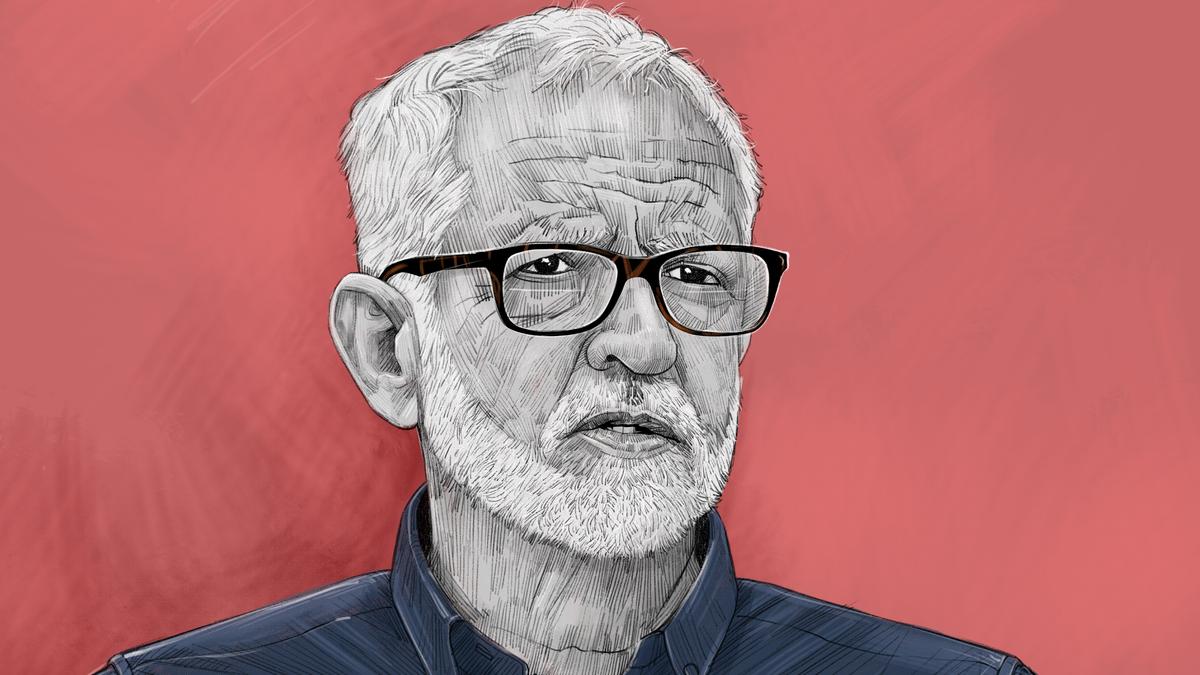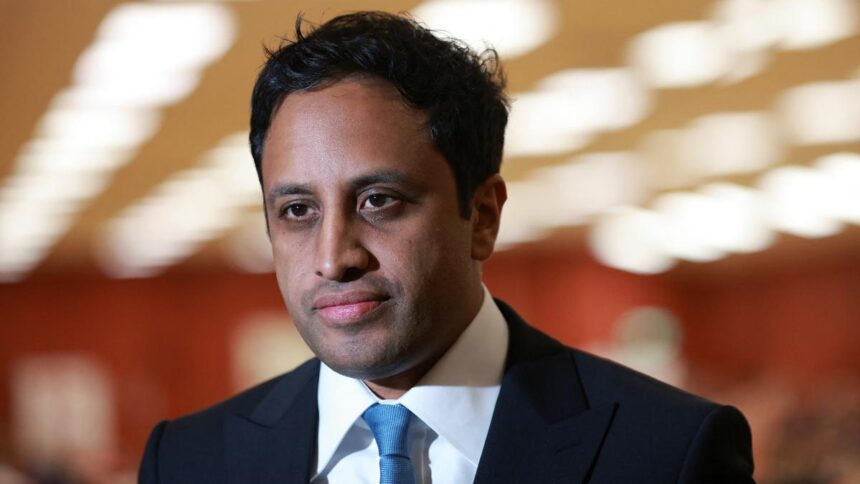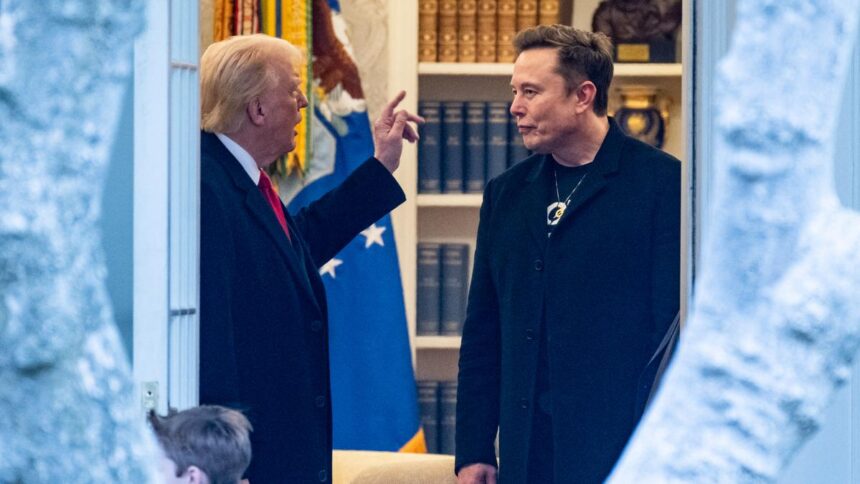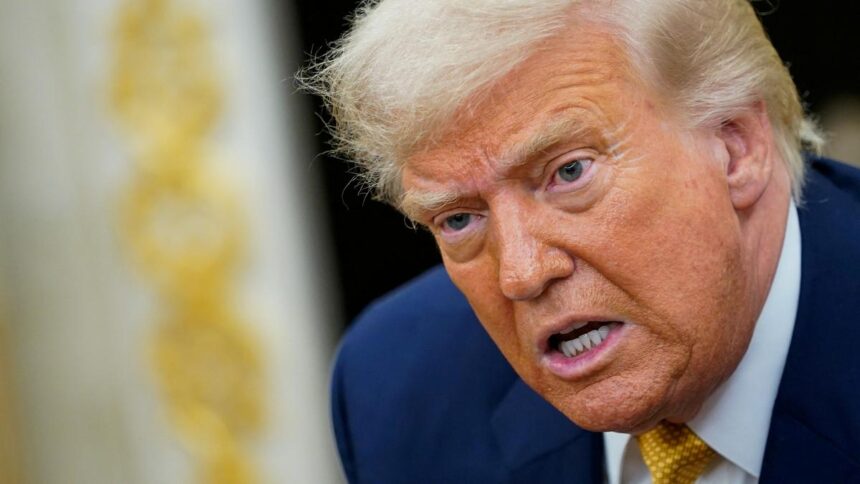In late July 2025, Jeremy Corbyn announced the formation of a new left-wing political party alongside former Labour MP Zarah Sultana, marking a new chapter for one of Britain’s unique political figures in the past decade. Operating under the provisional name ‘Your Party’, this venture represents Mr. Corbyn’s boldest move since his expulsion, last year, from the Labour Party he once led. Mr. Corbyn is also part of the Independent Alliance, a parliamentary grouping of six independent MPs consisting of five Muslims — including Ms. Sultana as the sole woman — who have positioned themselves as vocal critics of the current Labour government’s policies on everything from welfare cuts to arms sales to Israel.
The announcement has already generated strong grassroots enthusiasm, according to Mr. Corbyn, with over 6,50,000 people signing up for membership in the party’s first weeks — a figure that suggests a significant appetite for an alternative to current Prime Minister Keir Starmer’s Labour. This surge of support recalls the unexpected momentum that first propelled Mr. Corbyn to the Labour leadership nearly a decade ago.
The Corbyn breakthrough
In 2015, Mr. Corbyn’s successful bid for the Labour leadership caught the political establishment completely off guard. As Andrew Murray, one of Mr. Corbyn’s key advisers, reflected in a recent interview in Jacobin magazine, the victory was “totally unexpected” and driven by “exasperation within the Labour membership with the legacy of New Labour”. While his rivals offered tepid continuations of the (Tony) Blair-(Gordon) Brown era, Mr. Corbyn represented something genuinely different: authentic opposition to neoliberalism, a commitment to mass movement politics rather than pure parliamentary politics, and an uncompromising anti-imperialist foreign policy stance.
This combination was remarkable in the context of European social democracy. Unlike left-wing movements in Spain, Germany, or France that emerged from communist traditions or as entirely new formations, Mr. Corbyn accomplished something unique in European politics: he captured the leadership of a major, mainstream, social democratic party from a position of fundamental opposition to its decades-long trajectory toward centrism. In some ways, his rise was similar to that of Bernie Sanders in the Democratic Party in the U.S. at a similar time. His programmatic positions included renationalisation of utilities, massive public investment, and wealth redistribution — policies that were always characterised as “Old Labour” and hadn’t been seriously proposed by Labour leadership in decades, except by popular but sidelined leaders like Tony Benn.
The 2017 general election validated this approach. Against all expectations, Mr. Corbyn led Labour to its biggest vote swing since 1945, securing 40% of the vote — a performance matched by only two other Labour campaigns since 1970, under Mr. Blair.
Enemies within
However, Mr. Corbyn’s functioning as Labour leader was constantly undermined by fierce resistance from within his own party. Mr. Murray estimates that at least 80% of Labour MPs opposed Mr. Corbyn “with different degrees of vehemence and for different reasons”. This internal hostility created what Mr. Murray describes as feeling “like an encampment in the middle of enemy fire the whole time, coming from your own side”. This was also exacerbated by a hostile media that lampooned or mischaracterised many of his positions ruthlessly. The opposition intensified around Mr. Corbyn’s foreign policy positions, particularly his solidarity with Palestinian rights and criticism of Israeli policies, honed over decades as a Labour back-bencher and peace activist. This anti-imperialist stance proved especially threatening to the Labour establishment, which as Mr. Murray notes, was willing to tolerate domestic policy changes such as nationalising water companies but “if a government was going to compromise nuclear weapons or NATO or even support for Israel, those would be red lines”.
This foreign policy stance became a focal point of opposition, with allegations of anti-Semitism within the Labour Party being used to attack his leadership. While Mr. Murray acknowledges there were genuine issues that needed addressing, he and others have argued that the controversy was inflated into a smear campaign with the aim of discrediting Mr. Corbyn’s critique of Israeli policies. The accusations created a “moral damage” that paralysed Mr. Corbyn’s leadership and drained energy from his team, even if they weren’t the primary factor in his eventual electoral defeat.
The issue that ultimately proved fatal to Mr. Corbyn’s leadership was Brexit. Initially, he managed to straddle Britain’s fundamental political divide by promising to “respect the referendum result” in 2016 while delivering a different Brexit than the Tories. This position helped maintain support amongst traditional Labour voters in working-class constituencies who had voted Leave, while not completely alienating Remain supporters. However, mounting pressure from a newly energised pro-EU movement and overwhelming Remain sentiment among Labour members forced him into an increasingly untenable position. By 2019, Labour had committed to a second referendum — a stance that proved electorally catastrophic. As Mr. Murray predicted, this position cost Labour dozens of seats in traditional working-class strongholds and failed to deliver equivalent gains in Remain-supporting areas.
The Brexit debate starkly exposed the deep division within Labour’s electoral coalition, pitting its liberal and urban supporters against the party’s traditional working class constituency in seats that voted to leave the EU. This split mirrors similar divisions affecting left-wing parties across the developed world, where globalisation has created divergent interests between different segments of the progressive coalition, particularly seen in the Democratic Party in the U.S. with the rise of Donald Trump’s populism.
Following Labour’s 2019 defeat, Mr. Starmer systematically dismantled Mr. Corbyn’s legacy within the party. Mr. Corbyn was suspended and eventually expelled, while many of his allies were marginalised or forced out. Mr. Starmer’s centrist approach proved electorally successful in 2024, delivering Labour its largest parliamentary majority in decades.
However, this victory hid a glaring statistic — Labour actually received fewer votes than Mr. Corbyn had achieved in his 2019 defeat, winning primarily due to the collapse of Conservative support and vote-splitting on the Right between the Tories and Reform UK. With a historically low vote share for a winning party, Mr. Starmer’s government has struggled to maintain public support.
More problematically for Labour’s left flank, Mr. Starmer has continued many Conservative policies, maintaining austerity measures such as cutting winter fuel allowances for pensioners, and continuing defence partnership with Israel despite its devastating attacks in Gaza, which international rights organisations and many in Britain describe as genocide. This has created the political vacuum that Mr. Corbyn’s new party hopes to fill.
Yet, his new venture faces formidable challenges. At 76, Mr. Corbyn is no longer the energetic outsider who captured imaginations in 2015. As writer Richard Seymour noted in his assessment of the post-Corbyn Left in 2020, the fundamental conditions that enabled the original Corbyn surge — economic austerity as the dominant political issue, faith in traditional social democratic solutions — have evolved significantly. There is a reason why Mr. Corbyn’s strongest allies presently have been limited to those who agree with his positions on the Gaza issue.
‘Democratic crisis’
The current political moment is shaped by different dynamics: immigration anxieties, cultural polarisation, and what Mr. Seymour identifies as a broader “democratic crisis” that transcends simple economic grievances. The Left’s traditional focus on “bread and butter” issues, while still relevant, may prove insufficient in addressing these deeper structural problems. Moreover, the working-class base that formed Labour’s traditional foundation has been fundamentally altered by decades of deindustrialisation and social change. The Brexit vote exposed how many traditional Labour voters prioritise cultural and democratic concerns over economic redistribution, creating the very split that ultimately destroyed Mr. Corbyn’s electoral coalition.
While his name recognition and symbolic value remain significant assets, the energy and dynamism required for party-building may need to come from younger figures such as Ms. Sultana. Also, the British first-past-the-post system makes breakthrough difficult for new parties, while Labour’s current weakness across multiple fronts— facing challenges from Reform UK on the Right, the Greens and independents on the Left, and the SNP in Scotland —suggests the political landscape remains highly fragmented.
Yet, the early enthusiasm for ‘Your Party’ suggests genuine hunger for an alternative to Mr. Starmer’s centrist approach. With Britain facing continued economic stagnation, social unrest, and international crises, there remains space for a left-wing alternative. Whether this new formation can avoid the sectarian splits that have historically plagued the British Left, adapt to changed political conditions, and provide leadership beyond Mr. Corbyn’s eventual retirement, remains an open question.
Published – August 17, 2025 01:27 am IST






















